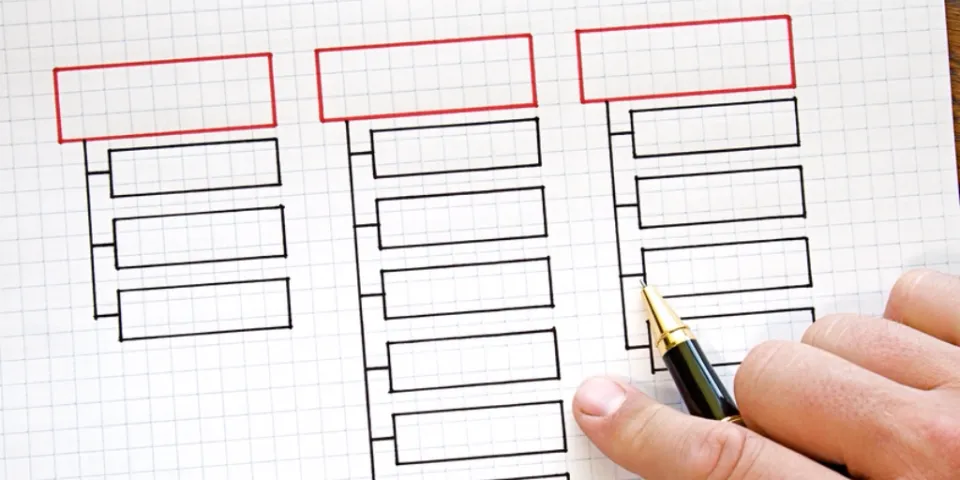Latest
Your Brain Learns Better When You’re Organized
Sep 6, 2016

Have you ever played an association game? This activity involves one person saying a word and another saying the first word that comes to mind. The funny thing about these types of games is that they’re fairly predictable. If I say day, you’ll probably say night. If I say dog, you’ll almost certainly say cat.
The predictability of these games relies on the way the brain stores information. Knowledge is stored according to meaningful associations. Things that are meaningfully associated together are actually connected biologically in the brain.
For example, your concept of “Mother” is actually attached to your concept of “Father” by thousands of brain cells known as neurons. So that when one of the concepts becomes active in your mind, the associated concepts become active in your mind too.
Since the brain stores information this way, you can make your academic life easier by presenting information in a way that is already meaningfully associated. When you organize information haphazardly, it will be harder for your brain to store it. Therefore, it will require more study time for you to retain the information.
One method of organization that you should learn is how to develop an outline. An outline is actually structured in a similar way to how the brain stores information, i.e., it’s a hierarchical structure. To develop an outline, first organize major categories and then further organize content into subcategories. This will help over the course of your studies as you write papers and prepare for exams.
Here’s an example. Imagine you have to learn the following set of facts about a company:
Forecasting, Manufacturing, VP of Finance, Shipping, Accounting, Fabricating, Sales, Expediting, Treasury, VP of Production, Assembling, Purchasing, President, Tooling, VP of Marketing, Receiving
You may try repeating this list of 16 words over and over again and have your friends or family test you on the material until everything is memorized. For most, this would require a lot of time and energy.
Contrast this rote memorization technique with the strategy of meaningful organization. The hierarchical structure below might look like this:
Such structure will allow you to more easily sort and retain prudent information as you work to learn new material. For example, it will make sense to your brain that the VP of Production will oversee
Manufacturing and Purchasing. Therefore, the brain will encode this relationship very quickly. Organizing material in this way will cause faster and more permanent learning. Save yourself the extra work – study smarter, not harder.
Here are additional resources to consult for more information about organizing material for learning.
-http://www.knovio.com/resources/
Dr. Eric Siegel is the Director of Institutional Effectiveness at Herzing University since 2009. He received his doctorate in Experimental Psychology in 1995 from Stony Brook University. His research interests include self-control and learning.
Bureau of Labor Statistics (BLS), U.S. Department of Labor, Occupational Employment and Wage Statistics 2023 / Occupational Outlook Handbook 2022. BLS estimates do not represent entry-level wages and/or salaries. Multiple factors, including prior experience, age, geography market in which you want to work and degree field, will affect career outcomes and earnings. Herzing neither represents that its graduates will earn the average salaries calculated by BLS for a particular job nor guarantees that graduation from its program will result in a job, promotion, salary increase or other career growth.
Latest
Recent Blog Posts
Subscribe to our Newsletter
Get the latest news you need to know, from study hacks to interview tips to career advancement. Have it delivered right to your inbox biweekly.








